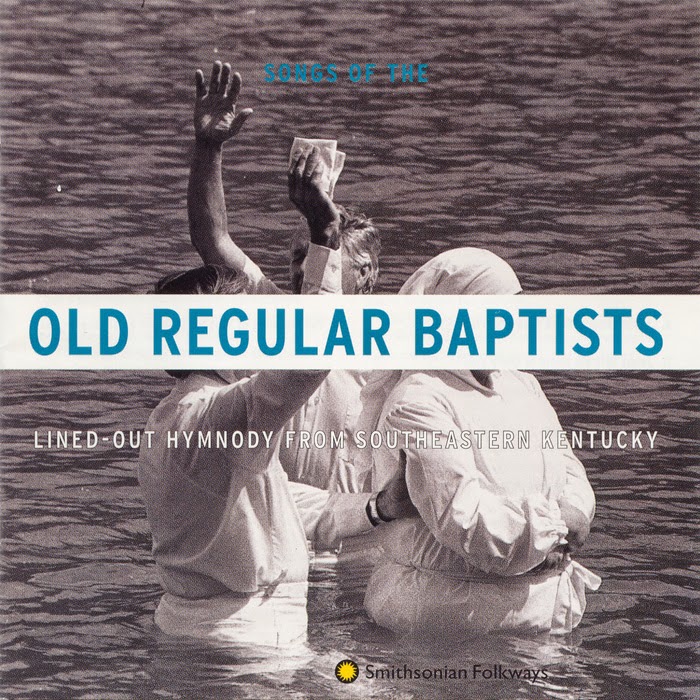These sound recordings are part of a larger collection of my field recordings documenting Old Regular Baptist traditions: singing, praying, and preaching, along with interviews conducted with elders in the church. They span a period of from 1979 until now. I couldn’t have made them without the help of Berea College and three of its faculty members: Loyal Jones, John Wallhausser, and Bill Tallmadge. Other individuals and institutions that helped along the way were my employer, Brown University; Daniel Sheehy and Anthony Seeger of Smithsonian Folkways Records, which in 1997 released the CD that was selected for the Registry; and the National Endowment for the Arts, Folk and Traditional Arts Division, which supported the portion of this ongoing project that led to these recordings in 1992 and 1993. The recordings were the culmination of a self-documentation project grant from the NEA that I got for the Old Regular Baptists. It enabled them to record endangered songs from their elders, some too ill to attend church any more. I taught them how to use the recording equipment purchased on the grant, and accompanied them on their first recording trips to elders’ homes. Later, I returned to make the high quality sound recordings that would become that CD. Folkways released a second CD in 2003 from recordings I made in 2002. Elwood and Kathy Cornett, Jim and Dosh Fields, Don and Shirley Pratt, Ivan Amburgey, Mackenzie Ison, Ruth Frazier, Bob Banks, and Squire and Claudette Watts are among the Old Regular Baptists I must thank for their participation, along with many others too numerous to mention but whose names are on the albums as song leaders and speakers who related what the sound of the singing means to them.
I looked at the list of recordings selected for the National Registry since these honors began in 2002. Only about a half dozen folklorists and ethnomusicologists’ field recordings have been chosen in the dozen years of the program’s existence. I was surprised at how few there are. My recordings now join those of Frances Densmore, Franz Boas and George Herzog, David McAllester, and Alan Lomax. Boas, the most important American anthropologist of his day, began ethnographic documentation of music in the 1880s, accompanied by the polymath Carl Stumpf, who was instrumental in establishing comparative musicology in Germany.
 |
| Frances Densmore, 1916 |
 |
| David P. McAllester, 1963 |
It feels good to have my field recordings join theirs, but I know that there are many deserving documentary collections besides these, made by thousands of folklorists and anthropologists and ethnomusicologists ever since J. Walter Fewkes recorded Passamaquoddy singing in Maine 130 years ago. Fewkes' earliest ethnographic sound recordings also are honored on the National Recording Registry, and copies are still being circulated among Passamaquoddy today. But even more important, they are still being sung.



